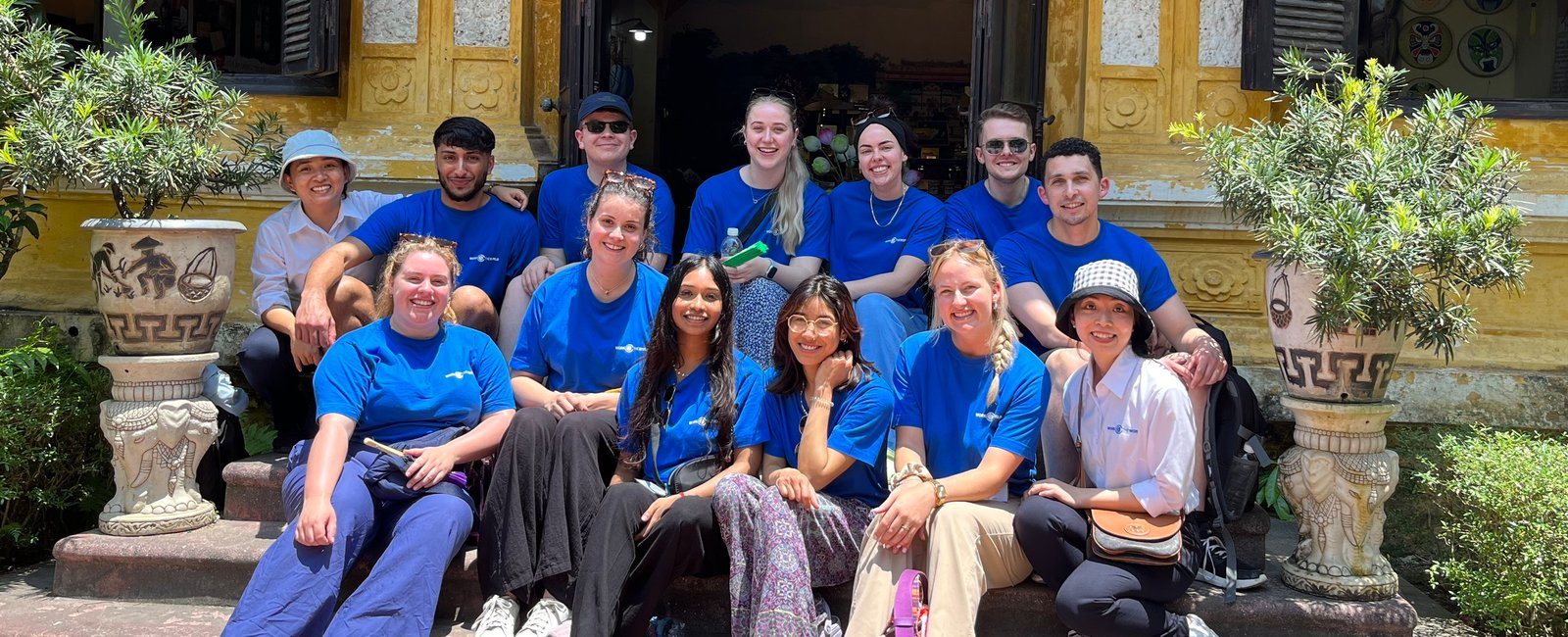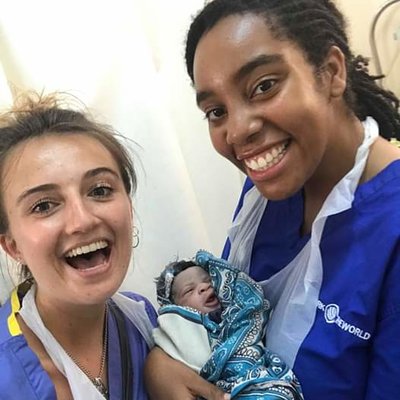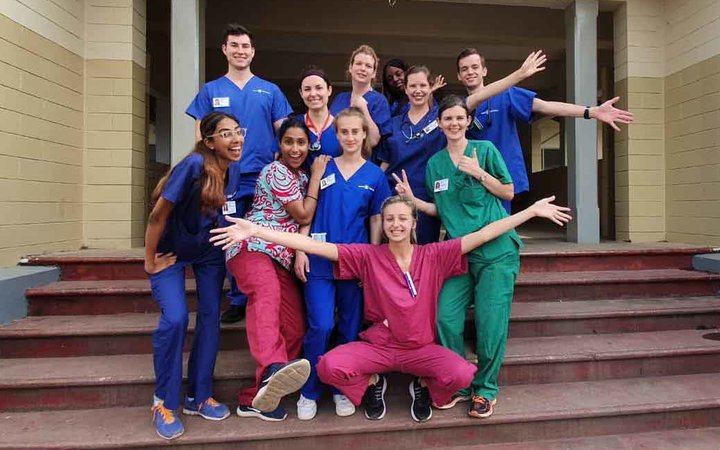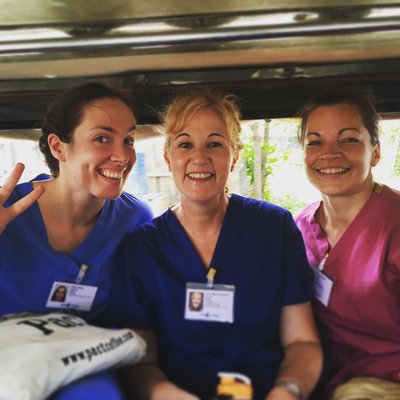Elevate your medical expertise and broaden your horizons in ways you've never imagined — step into the world of low-resource healthcare overseas to enrich your practice and transform your understanding of medicine.
On your overseas medical elective, you’ll experience the fundamental principles that underpin medicine, whatever your specialities or areas of interest.
And if you choose to undertake your placement with us you'll reap the benefits of our comprehensive service.
You get:
- A fully-tailored elective placement
- Pre-departure preparation with our UK team
- English-speaking supervision
- Private, catered accommodation
- 24/7 in-country team
- + more
But it’s the unique clinical experiences that are the core of your trip. And you don't need to take our word for it:
“We couldn’t quite believe how long it had been left before being treated.”
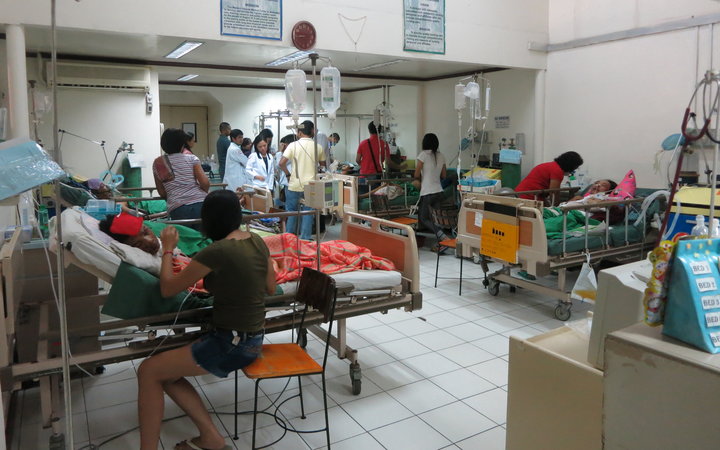
— Get experience in novel clinical settings —
Iloilo, The Philippines: "There was one patient who had tongue cancer, which we suspected was caused by smoking and chewing tobacco. We saw them in the clinic, and the next week we observed the operation for that same patient. It was great being able to follow this particular case because I hadn’t seen a tumour like it before in terms of its size. We couldn’t quite believe how long it had been left before being treated.
The operation itself was a huge procedure. They even had to go as far as doing a neck dissection to clear the lymph nodes. It was a 6 - 7 hour procedure. In the UK it would have likely been a much shorter surgery as the cancer would never have reached that stage to begin with." —Max Elwig, University of Sheffield
“It really made me appreciate the UK healthcare system.”
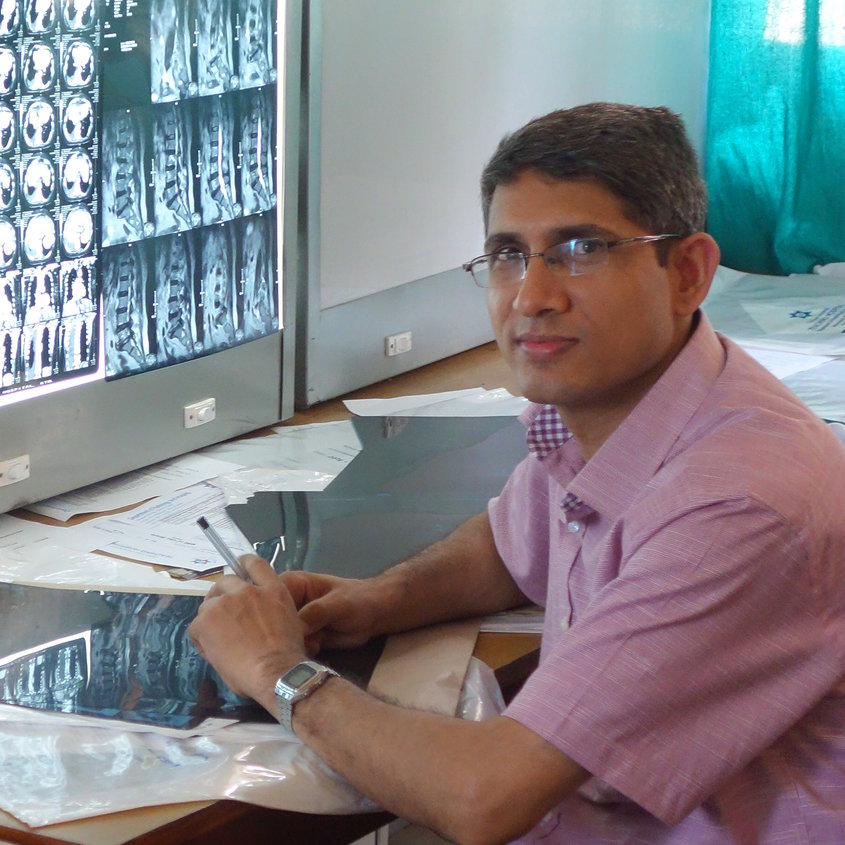
— Go back to basics with limited equipment —
Kathmandu, Nepal: "When I first arrived at the hospital I was stunned. It was the biggest and most modern hospital in the city, but by UK standards it was very basic.
Every patient, or their family, had to purchase every single item of medication from the hospital pharmacy. They certainly did the best they could with the little they had. It really made me appreciate the UK healthcare system." — Lexi Colebrook, Bart’s and the London School of Medicine and Dentistry
“There was no CPAP machine, so the doctor used a water bottle and a three-way connection tube.”

— Resource scarcity is an enormous issue —
Takoradi, Ghana: "There was another case which had both an unusual presentation and resourceful management — an infant with tachycardia, tachypnoea, grunting, noisy breathing and fever.
However, on auscultating his chest, there was no wheeze or crackles. He was having respiratory distress due to malaria; this meant that he needed continuous positive airway pressure.
There was no CPAP machine, so the doctor used a water bottle and a three-way connection tube to provide this positive ventilation for the baby. The baby survived, and I was impressed." — Ugonna Onwuchekwa, UCLAN
“Several doctors used wrenches and other tools to fix the machine beside the deteriorating patient."
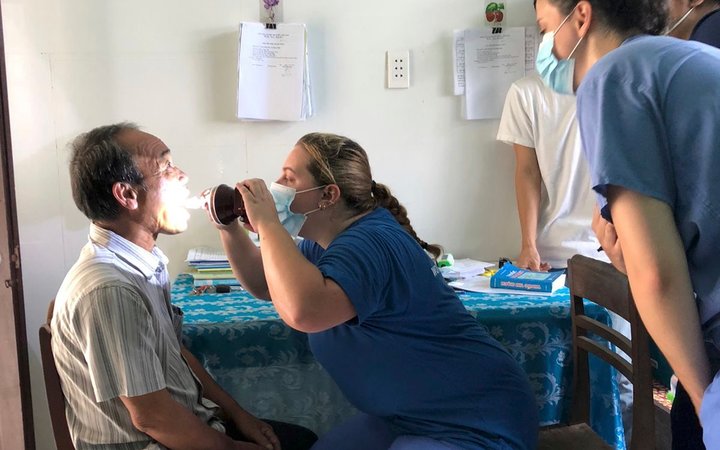
— Learn to make do with what's on hand —
Hue, Vietnam: "The equipment within the hospitals was often rudimentary and as a result difficult to assemble.
A case of note was a neonate experiencing difficulty breathing who was not started on assisted breathing for 45 minutes due to an issue with the equipment. During this time several doctors used wrenches and other tools to fix the machine beside the deteriorating patient.
Through this experience, I learnt about the importance of a clinical diagnosis, relying on the signs and symptoms, rather than formal testing. Diagnostic testing was often limited by practicalities, such as a baby who waited one week for an X-ray as they do not have a portable machine or a child with suspected hepatitis who was unable to have liver tests due to a shortage of the reagent needed." — Eleanor Buck, St. George's, University of London
“Doctors barely spoke to patients at all.”
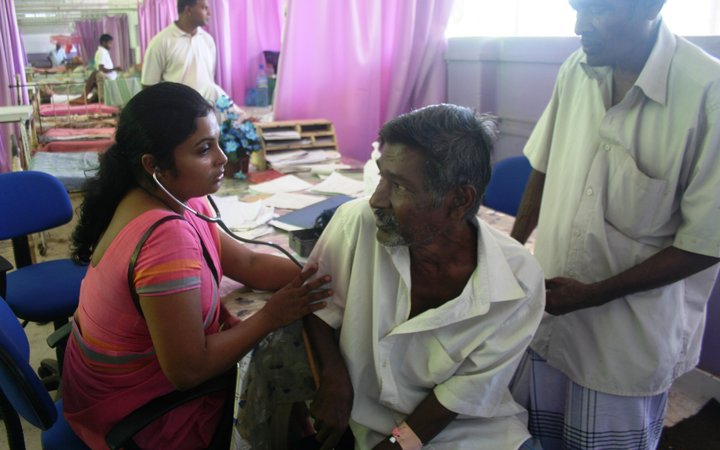
— See different attitudes and practices —
Kandy, Sri Lanka: "Doctors barely spoke to patients at all. I think it was probably similar to how we used to do things in the UK, where now things are more collaborative between doctor and patient. In Sri Lanka, it was very much that the doctor comes to a decision and tells the patient what was going to happen without explanation or patient input.
This extended out to there being a lack of privacy and dignity for women in OBG. I’ve no doubt it would be the same in other areas of the hospital, but in women’s health, this difference was more pronounced. A woman might be giving birth and there would be all these people, who she may or may not know, able to watch her." — Daisy Tudball, Bart's and the London School of Medicine and Dentistry
“Patients would often be awake for the entirety of their surgery.”
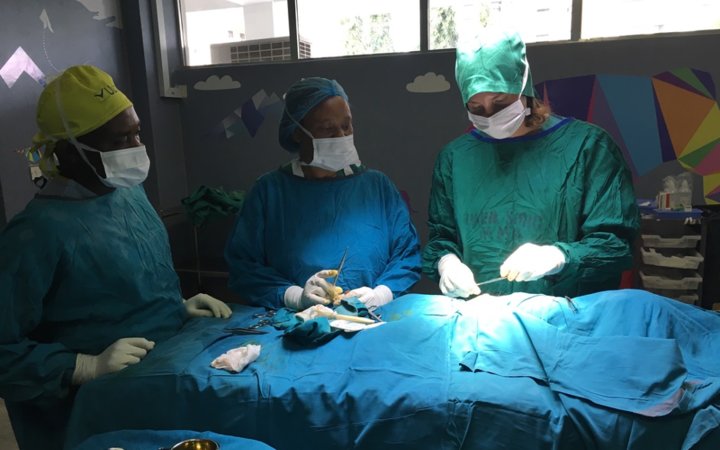
— Clinical practices will differ enormously —
Dar es Salaam, Tanzania: "One major difference I noted was that most patients were given spinal blocks via epidural, rather than general anaesthetic, during their surgery. I was told that this was due to the limited resources they had to be able to safely monitor a person while under general anaesthetic, and so it was safer to leave them un-sedated.
The downside was that patients would often be awake for the entirety of their surgery, perfectly alert to all of the noise and conversation that took place around them." — Tamalee Henson, University of Western Australia
Your overseas medical elective gives you the rare opportunity to share the skills and knowledge from your experience in the UK with equally dedicated medics overseas. And it works both ways — if you keep an open mind, you’ll pick up techniques and perspectives that change your own approach to medicine.
Embrace this once-in-a-lifetime opportunity and become a more versatile, adaptable, and compassionate medical as a result.

Your next steps
Get eye-opening medical experience in a low-resource healthcare setting by enquiring now:
Get eye-opening medical experience in a low-resource healthcare setting by enquiring now:
